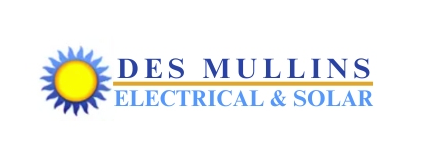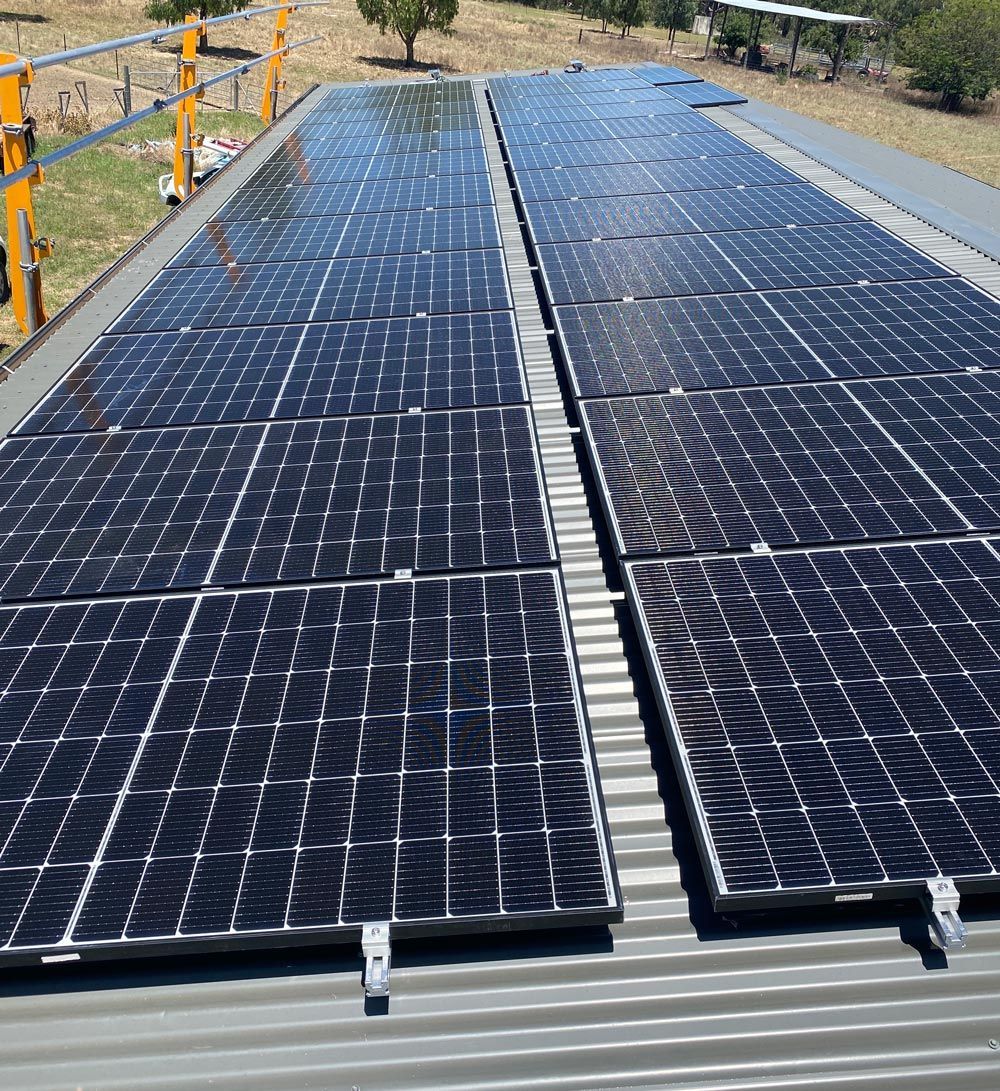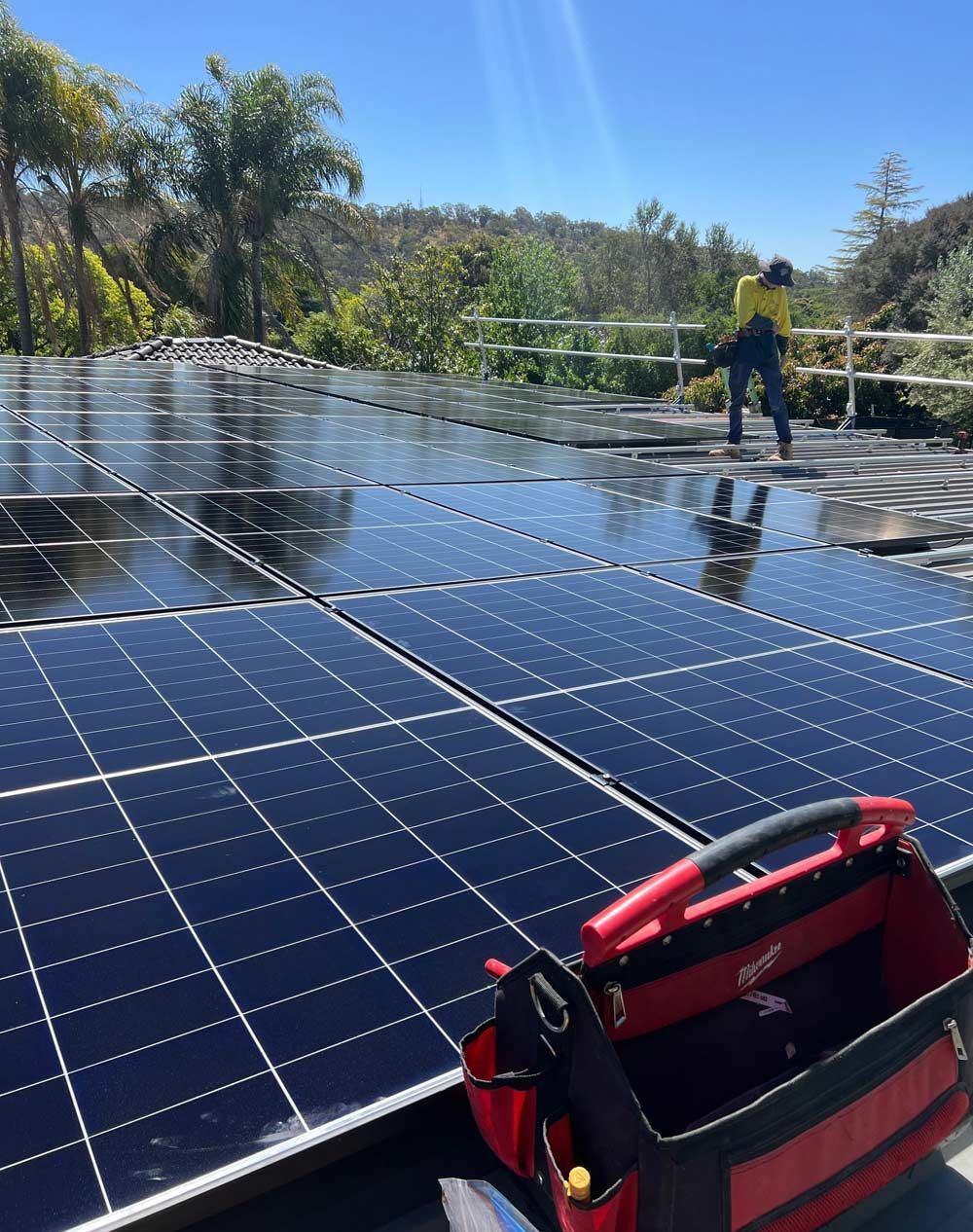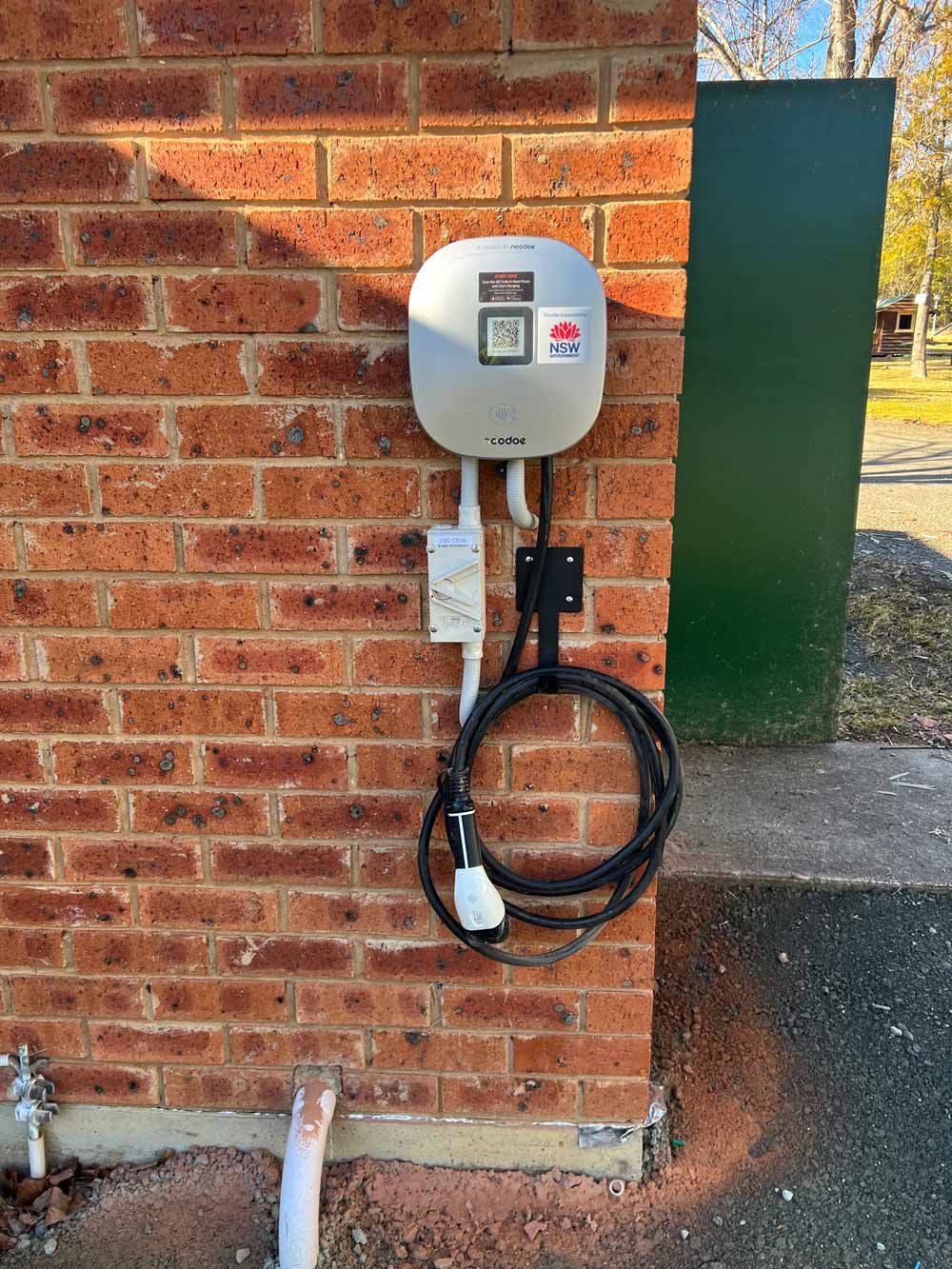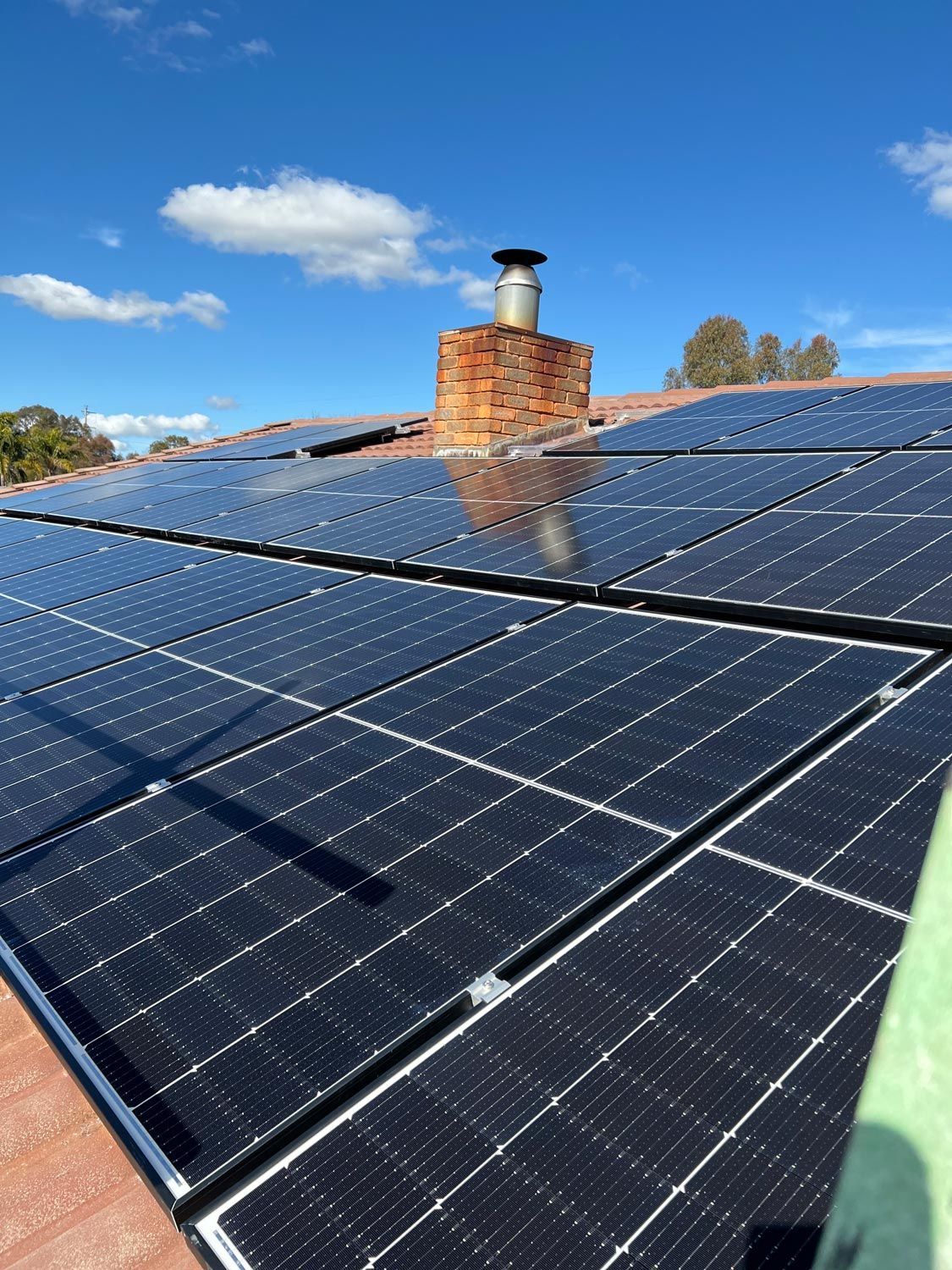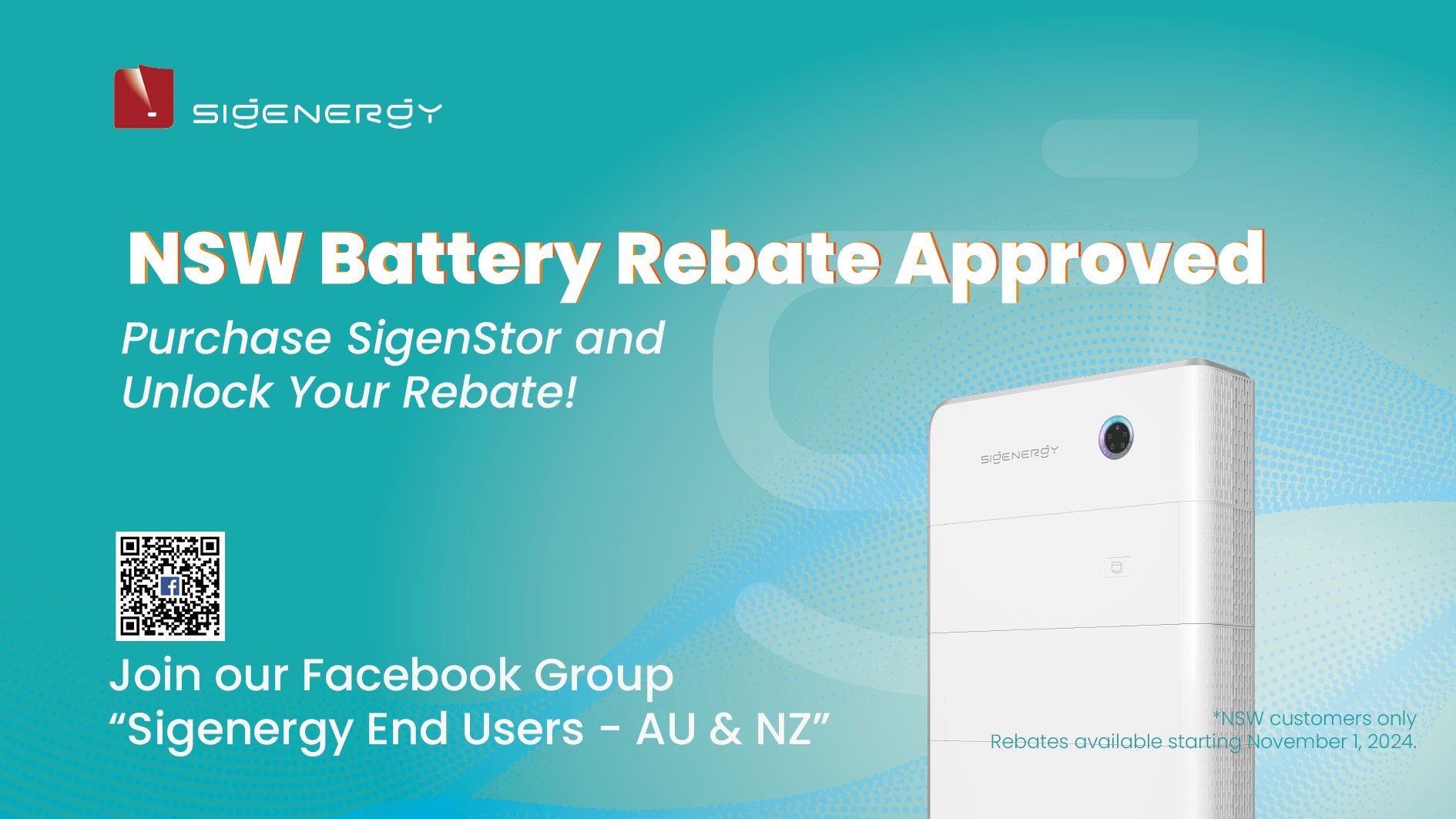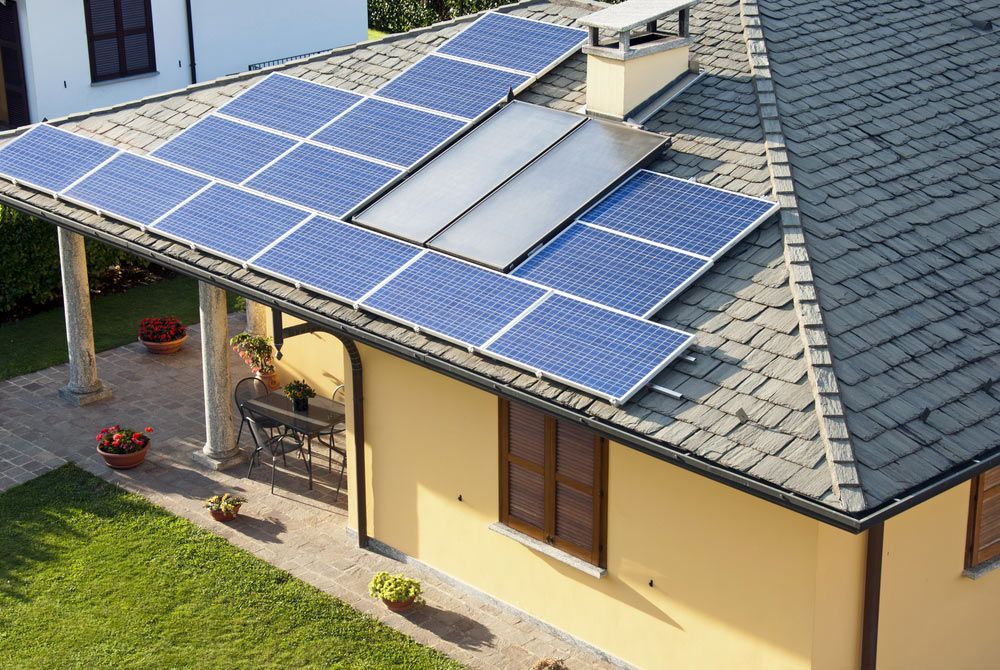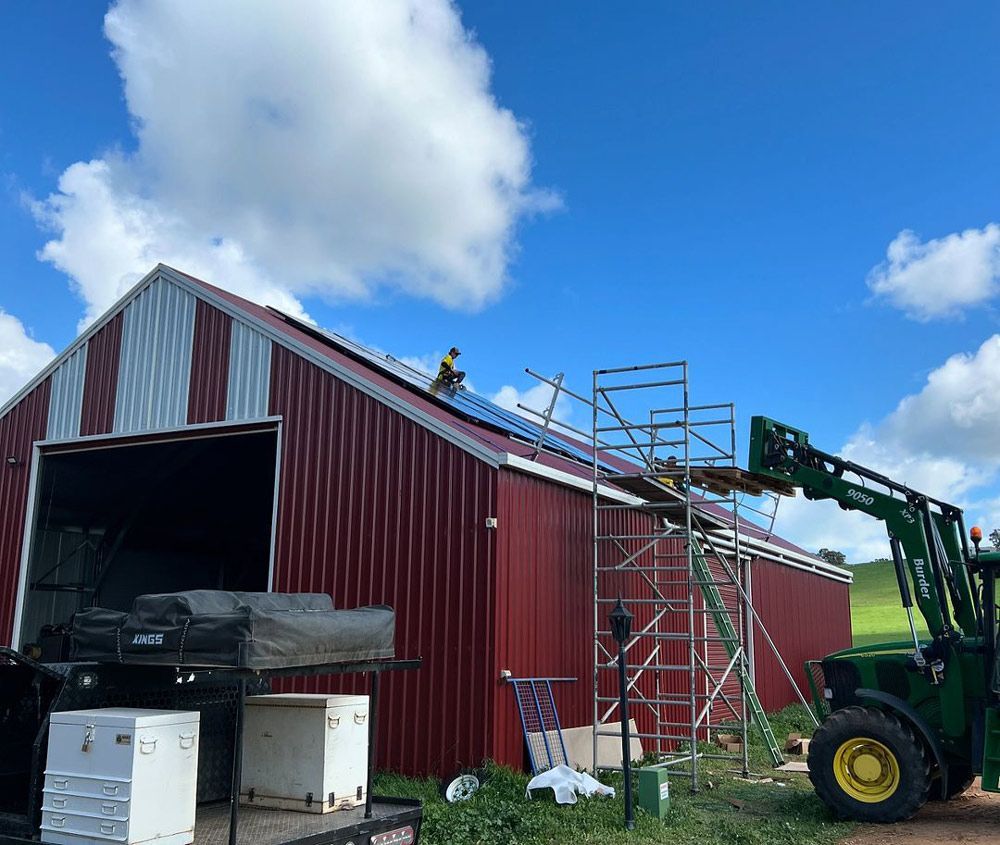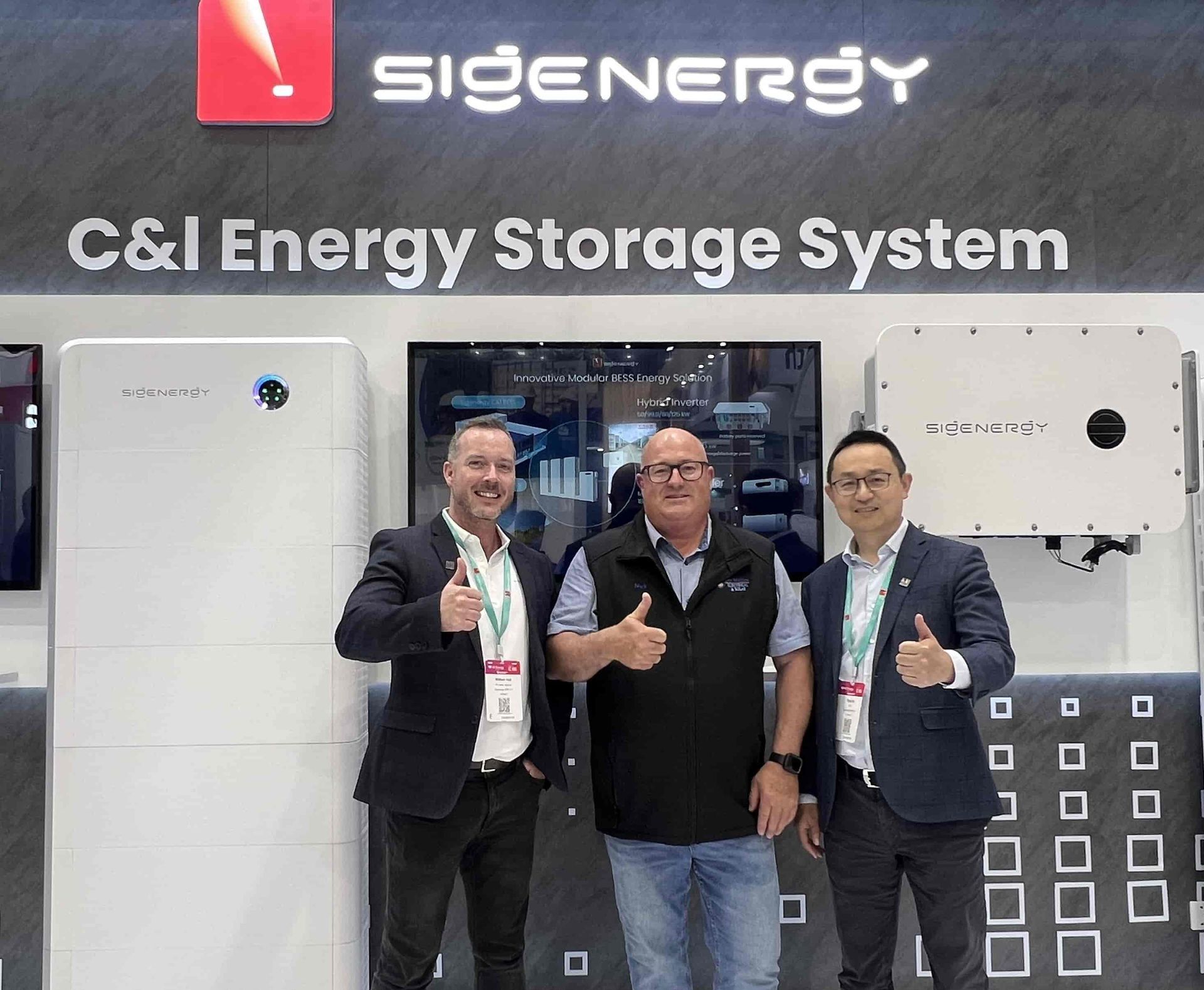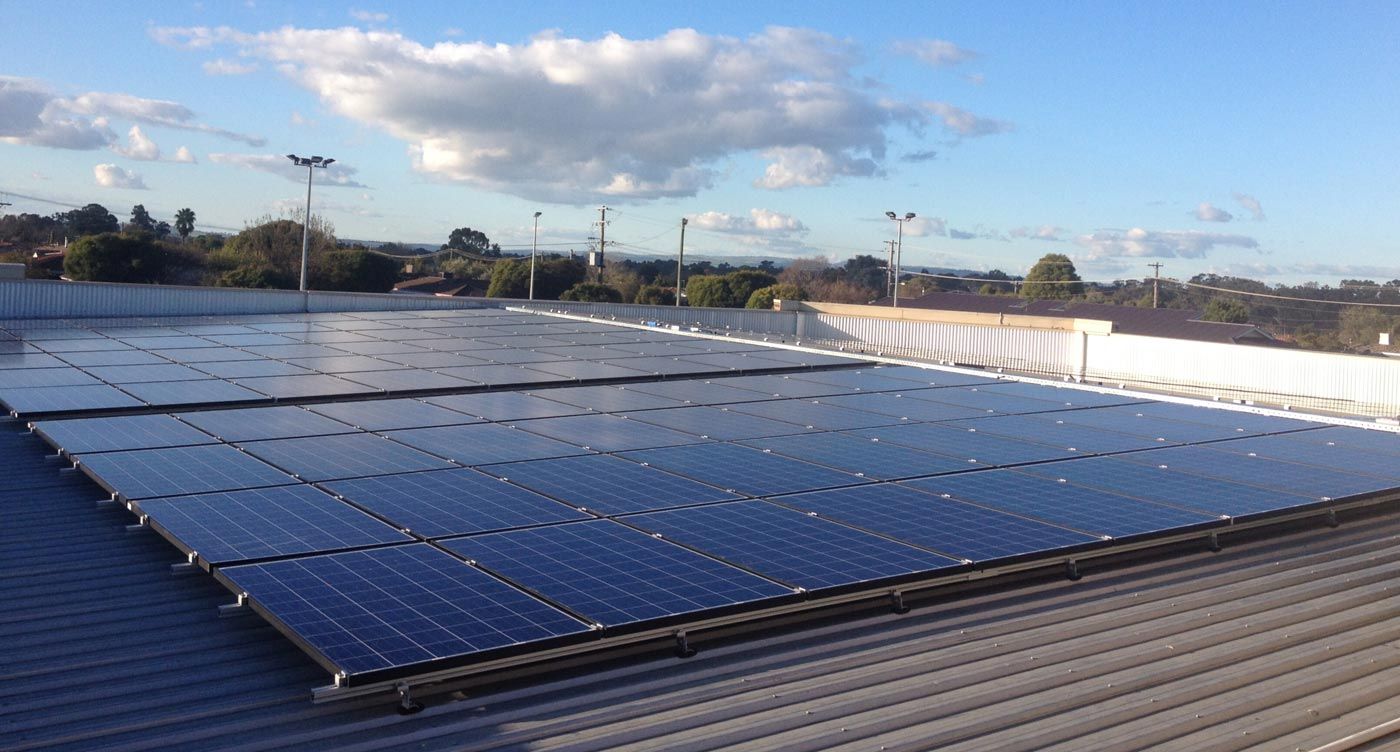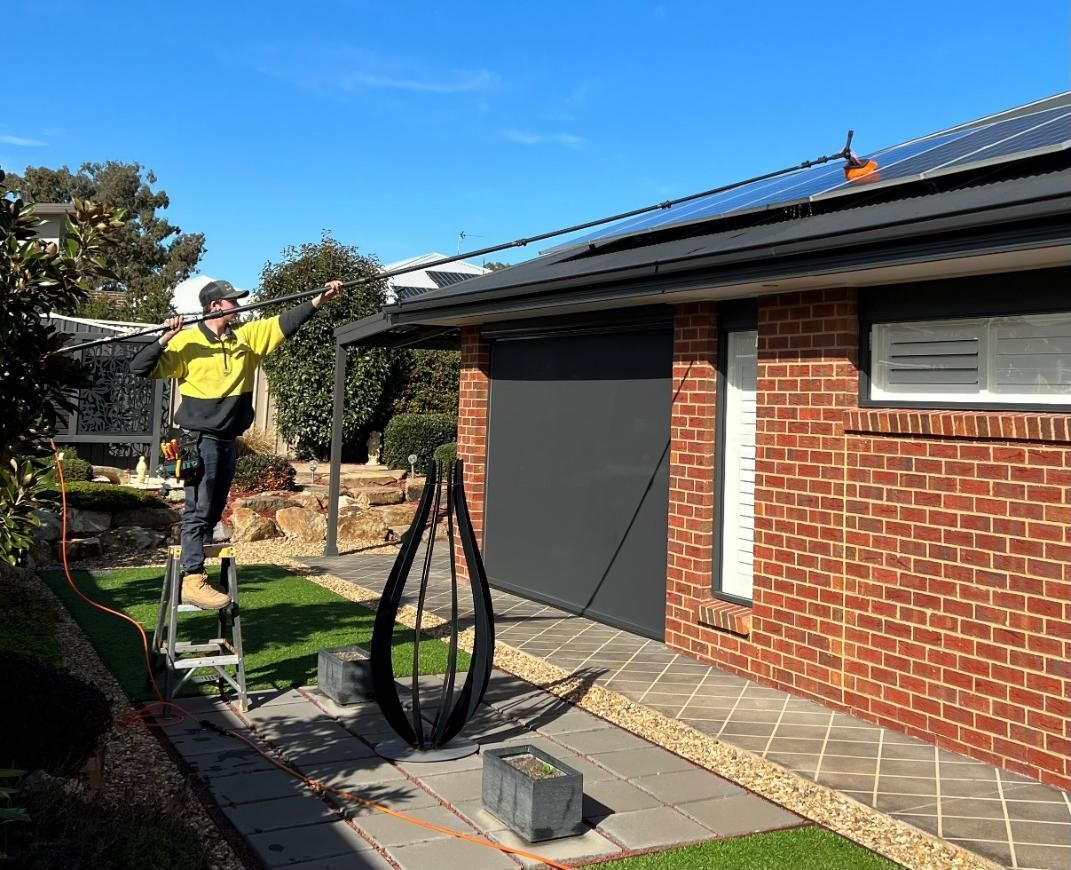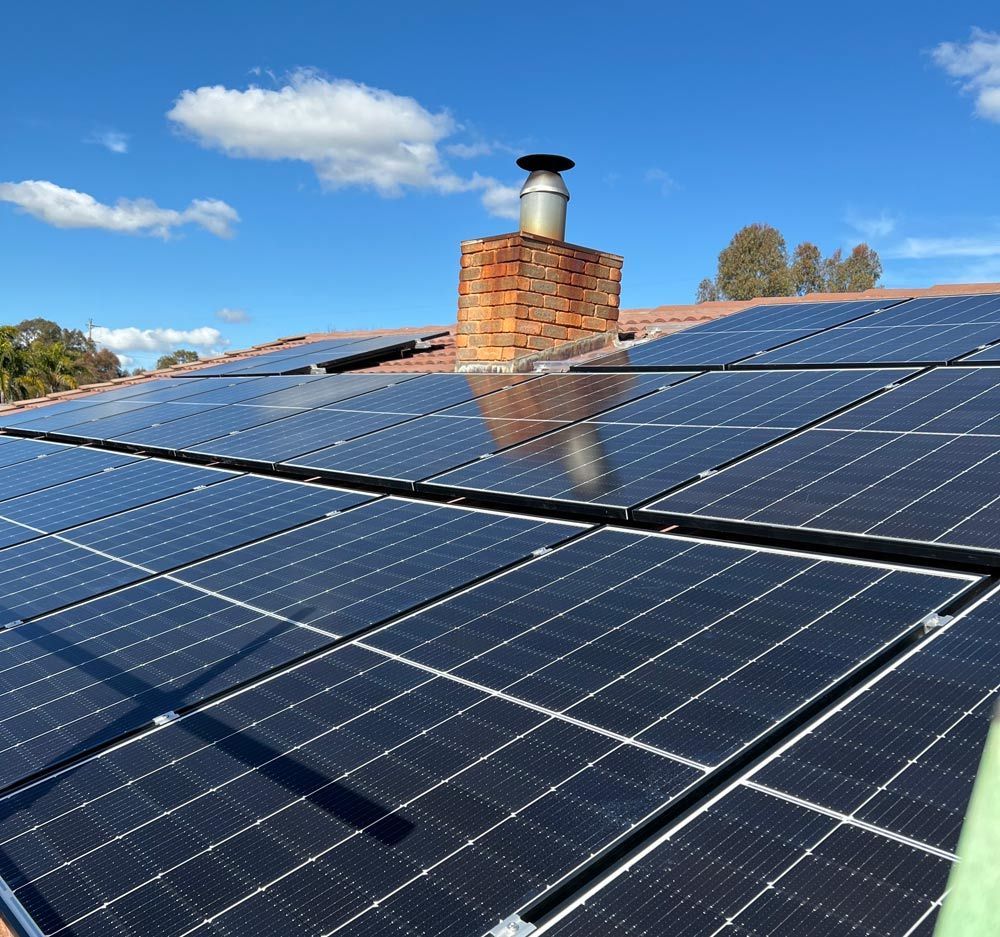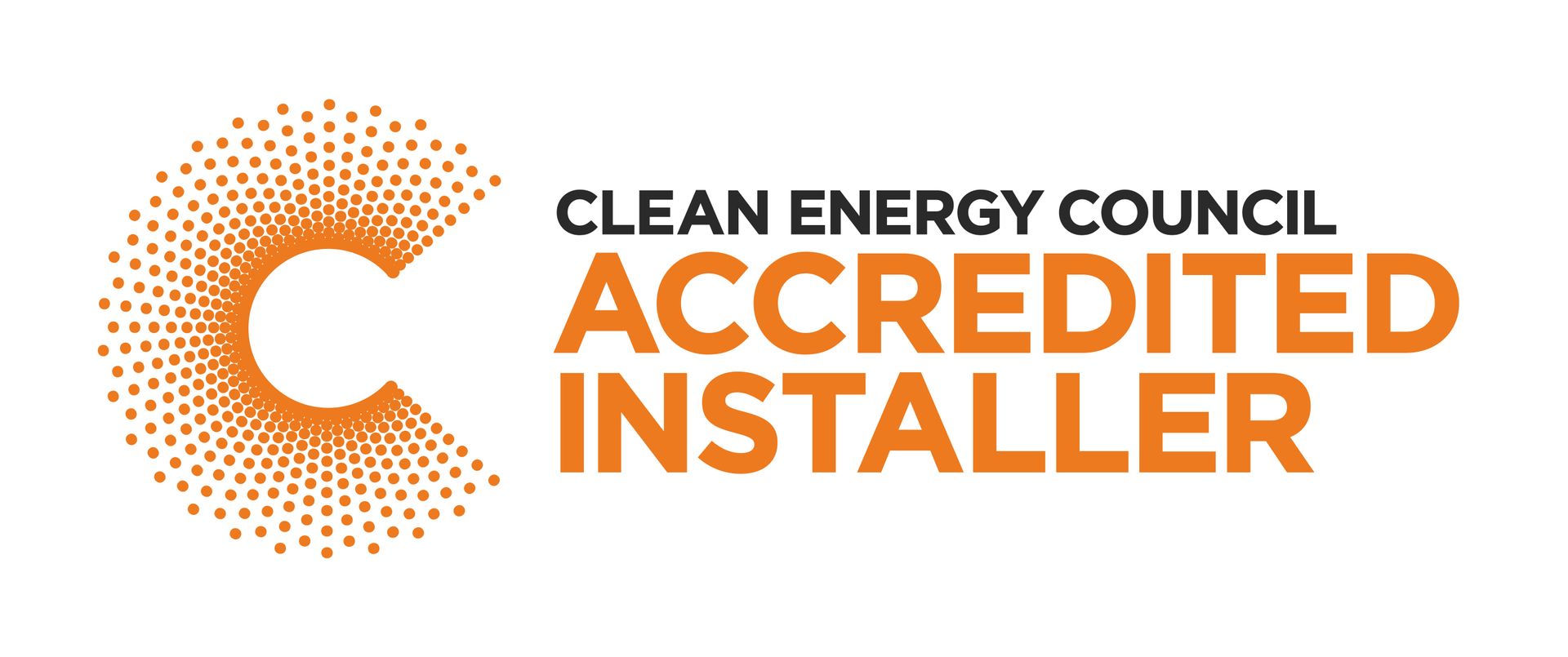The Impact Of Weather On Solar Panel Efficiency
Solar panels offer a reliable and eco-friendly energy source, but their efficiency depends on the weather. From bright sunshine to rainy conditions, each type of weather has its own influence on how much energy your panels can produce. Understanding these impacts can allow you to make the most of your solar power systems. In this blog, we’ll explore how different conditions affect solar panel performance and share strategies to ensure optimal energy output.
Table of Contents:
How Sunny Days Boost Solar Panel Performance
The Effect of Clouds & Overcast Conditions
Rain & Its Role in Solar Panel Maintenance
The Impact of Temperature on Solar Panels
How Sunny Days Boost Solar Panel Performance
It’s no surprise that solar panels perform best in direct sunlight. Sunny days provide the optimal conditions for solar panels to absorb the maximum amount of sunlight and convert it into electricity. The more sunlight that hits the panels, the higher the output of energy, making clear, sunny days the most efficient for energy generation.
Consistent sunny weather allows you to generate more electricity, which can help pay off the initial investment more quickly. However, even in optimal sunny conditions, it's essential to ensure your panels are free from dust, dirt or debris, as these can block sunlight and reduce efficiency.
The Effect of Clouds & Overcast Conditions
Cloudy or overcast weather is one of the most common concerns for solar panel efficiency. While it's true that solar panels produce less energy in cloudy conditions, they still generate electricity. Solar panels can use diffuse sunlight—light that is scattered by clouds and atmosphere—which means your system will still be operational, just at a reduced output.
Interestingly, cooler weather can sometimes improve solar panel efficiency. Solar panels perform better when they are cool, so while energy production is lower due to cloud cover, the system may be operating more efficiently on a temperature basis. To mitigate the effects of cloudy weather, you can consider installing a solar battery system. This allows you to store excess energy produced on sunny days for use during cloudy periods, ensuring a more consistent energy supply.
Rain & Its Role in Solar Panel Maintenance
Here’s how rainy weather impacts the performance of your solar panels:
- Reduced Energy Production: Similar to cloudy weather, rainy days result in lower energy production due to limited sunlight exposure.
- Natural Cleaning: Rain helps keep your solar panels clean, ensuring they perform at their best when the sun comes back out. Clean panels absorb more sunlight and generate more electricity.
Keeping your solar panels clean ensures they’re always ready to produce energy at full capacity when the weather clears.
The Impact of Temperature on Solar Panels
While sunny weather is ideal for energy production, high temperatures can actually decrease the efficiency of solar panels. Solar panels perform best at moderate temperatures, but their efficiency can drop when they become too hot. This is because heat increases the resistance in the electrical circuits within the panels, reducing their overall output.
To mitigate the effects of extreme heat, consider ensuring proper ventilation around your solar panels. Installing panels with adequate airflow beneath them helps cool the system down, preventing significant drops in efficiency.
Wind & Hail: Protecting Your Solar Panels
High winds may not affect the performance of the panels directly, but they can cause damage if the panels are not securely mounted. Similarly, hailstorms can potentially crack or damage solar panels if they aren’t designed to withstand impact. Ensuring your panels are installed with a secure mounting system helps protect them from wind damage. Rely on a professional to ensure your panels are securely fixed and able to withstand high winds.
Most modern solar panels are built to be impact-resistant, with glass designed to withstand hailstorms. However, it’s important to discuss the durability of your panels with your installer to ensure they are suitable for the weather conditions in your area. By investing in durable, high-quality panels and ensuring a professional installation, you can protect your solar system from the risks posed by extreme weather conditions.
Switch to Solar in Wagga Wagga
Understanding how weather impacts your solar panel efficiency is key to maximising your system's performance. If you're considering installing a solar battery system in Wagga Wagga, we’re here to help. Our team at Des Mullins Electrical & Solar offers reliable installation services. Contact us today to learn more about our solar solutions and how we can help you optimise your energy production in any weather conditions.
